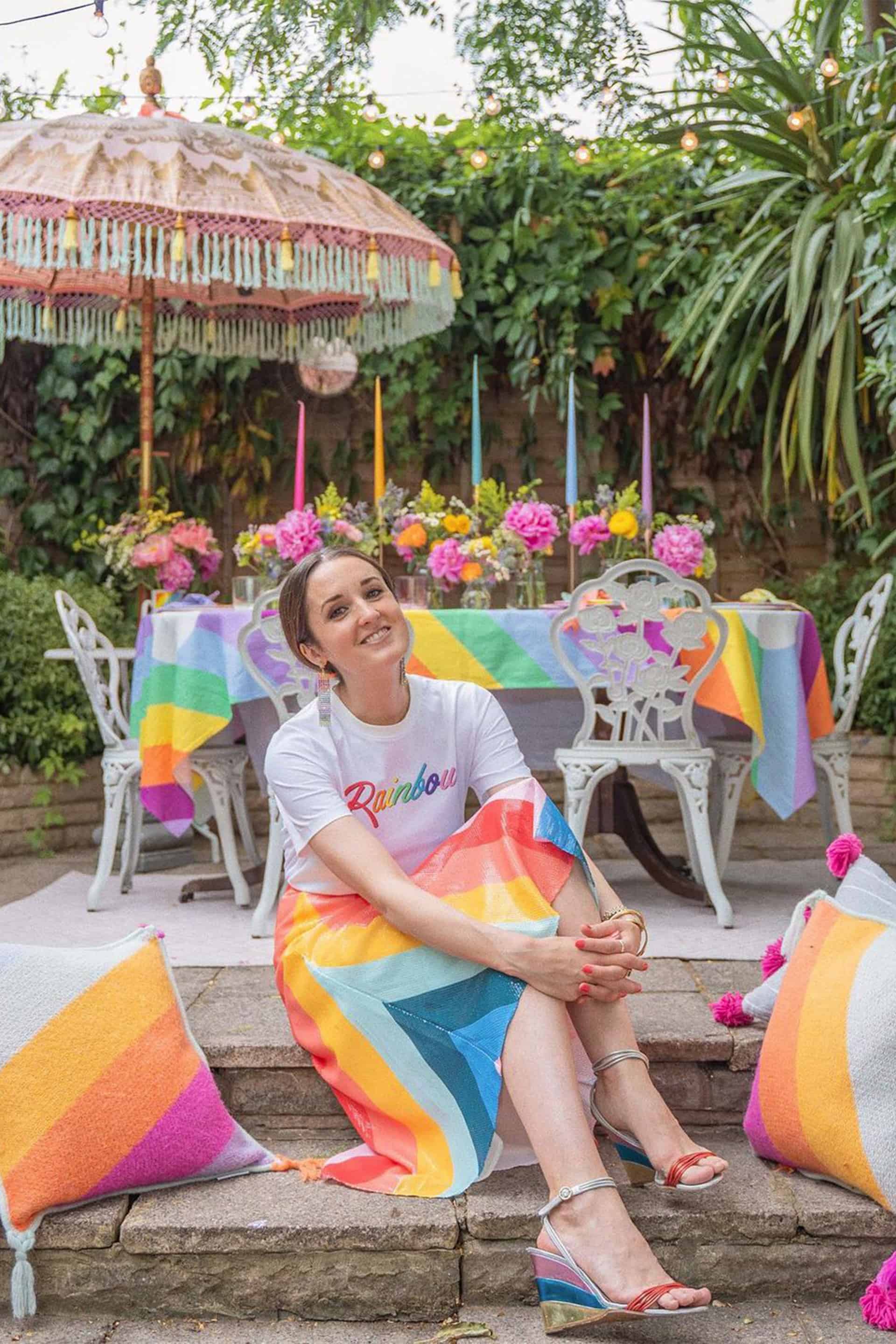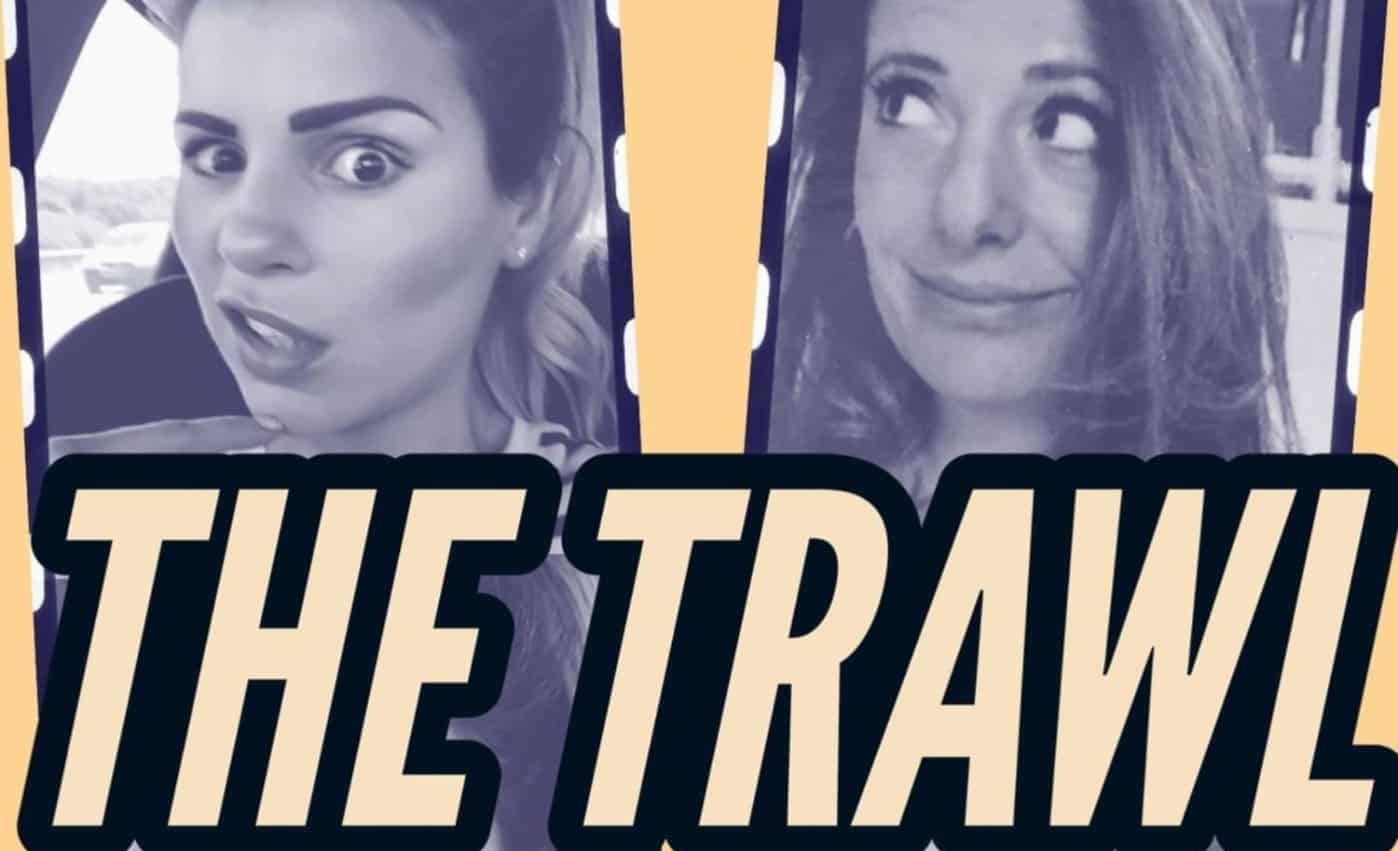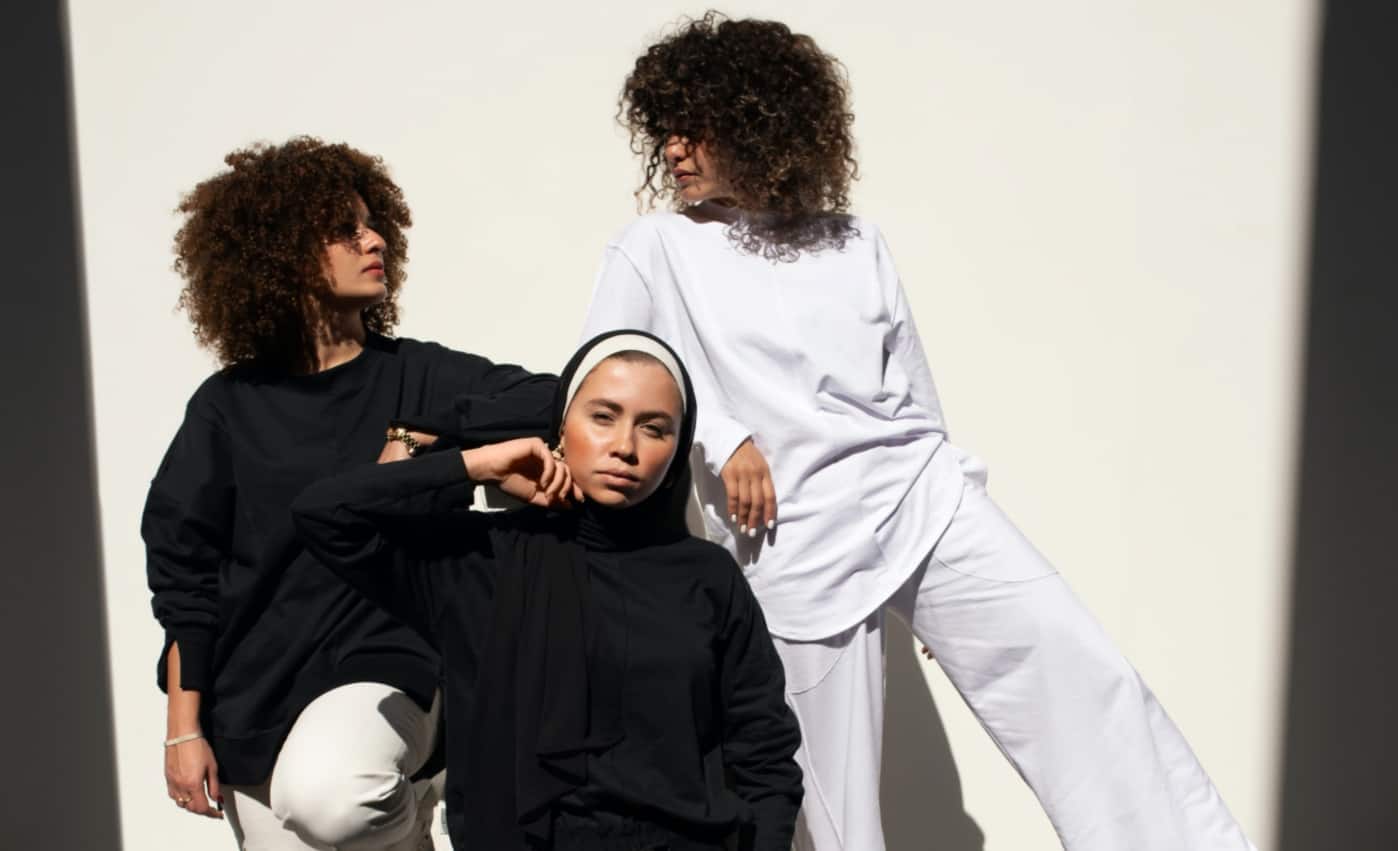Norwegian political party Venstre recently announced a proposed amendment to the country’s Children Act, which would prohibit influencers from posting personal information about their children, including images, for commercial purposes.
Grunde Almeland, Venstre politician, said: “If your only income is using your own child as an ad poster in everyday situations, it would be difficult to continue doing that with our proposed law amendment.” Although Venstre is not currently in power in Norway, the party is still able to propose amendments to be voted on by parliament.
In an Instagram post, the political party shared a fictional story of “Mina”, the daughter of a parenting blogger who has had every childhood milestone documented online and lost her right to privacy. The comment section is overwhelmingly positive to the proposed amendment, with many users saying the legislation is long overdue, while influencers including Camilla Lorentzen, Une Cecilie Oksvold and Ìris Eyfjörð Hreiðarsdottir all liked the Instagram post.
You may also like
Lifestyle creator and TV personality Kristin Gjelsvik is also supportive of the law proposal. She wrote in an Instagram post and an opinion piece that it is scary how much strangers can know about a child and their routine from a parent’s social media accounts, and said she “100% supports” the proposed law amendment. She also referred to UNCRC Article 16, which describes children’s right to privacy, and pointed out that children should be able to shape their own online identity.
However, influencer and father-of-four Sebastian Solberg criticised Gjelsvik’s argument in a TV2 article, and said it was hypocritical of her to still share information about her child’s life while criticising those who share images. He claimed that only showing the back of your child’s head or covering their face with an emoji doesn’t do much in terms of protecting their privacy when other details of their lives are being posted.
Some influencers are against the proposed amendment, such as parenting creators Julianne Nygård and Monica Nyhus, who both regularly feature their children in commercial social media posts. Nyhus said the suggested legislation feels like a career ban, while Nygård said the potential amendment should in fact apply to all parents, not just influencers. “I’m tired of influencers being the big, bad wolves just because we earn a lot,” she told TV2.
In December, TikToker and trend forecaster Mandy Lee, AKA Old Loser in Brooklyn, predicted there would be a landmark case for “mommy bloggers” using their children for commercial purposes in 2023, and gossip website Tattle has long been filled with irritation about the monetisation of children. France has already taken measures against “child influencers”, and in 2020 passed a law prohibiting the use of images of children under 16 for commercial purposes online. Breaking the law is punishable with up to five years imprisonment. Is this the beginning of a bigger shift against the commercialisation of children?
By Dina Zubi, news and features writer for CORQ.










